Episode 299 - Three Views on Layoffs with Vic Ho, Rusty Rueff, and Daniel Fong
One of the hardest realities in the life of every Faith Driven Entrepreneur is that things often don't go as planned.
Unforeseen circumstances can cause all sorts of issues in a company, and sometimes those circumstances affect the people we employ.
In this episode, we're going to look at layoffs. How can we think well about these difficult situations? And how can we love our people, even in the midst of these unfortunate, massive changes?
We'll highlight three perspectives starting with Vic Ho and Rusty Rueff, two leaders who have had to implement layoffs in their own careers.
The third perspective comes from a round table discussion that William, Henry, and Rusty had with Daniel Fong, the CEO and founder, who made a choice not to lay off anybody in his company.
As we'll see in all these conversations, there's not a clear cut answer to these complex questions. Not everyone agrees and that's okay. We just want to present different viewpoints and encourage you to consult the Lord about how he might be calling you to run your business differently.
Lean in, get inspired, get challenged, and consider how you might have these kinds of conversations with other people in community who can push you closer to where the Lord is leading you.
All opinions expressed on this podcast, including the team and guests, are solely their opinions. Host and guests may maintain positions in the companies and securities discussed. This podcast is for informational purposes only and should not be relied upon as specific advice for any individual or organization.
Episode Transcript
Transcription is done by an AI software. While technology is an incredible tool to automate this process, there will be misspellings and typos that might accompany it. Please keep that in mind as you work through it.
Joseph Honescko: One of the hardest realities in the life of every faith driven entrepreneur is that things often don't go as planned. Unforeseen circumstances can cause all sorts of issues in a company, and sometimes those circumstances affect the people we employ. Over the last few episodes of the podcast, we've highlighted an entrepreneur in the Philippines who has implemented a no firing policy. But today we're going to look at layoffs. How can we think well about these difficult situations? And how can we love our people even in the midst of these unfortunate massive changes? In this episode, we'll hear three perspectives that unpack these questions and more. The first to come from Vic Ho and Rusty Rueff, a couple of phenomenal leaders who have had to implement layoffs in their own careers. The third perspective comes from a roundtable discussion that William, Henry and Rusty had with Daniel Fong, a CEO and founder who made a choice not to lay off anybody in his company. And as we'll see in all these conversations, there's not a clear cut answer. Not everyone agrees, and that's okay. We don't want these episodes to be prescriptive. We just want to present different viewpoints and encourage you to consult the Lord about how he might be calling you to run your business differently. So I hope that you would take this time that you would lean in, get inspired, get challenged, and consider how you might have these kinds of conversations with other people in community who can push you closer to where the Lord is leading you. I'm Joey Honescko, and you're listening to the Faith Driven Entrepreneur podcast. Let's dive in.
William Norvell: I want to switch gears a little bit Vic to something that I know you're open to talking about, but maybe a difficult season of your five star journey. You know, you mentioned some of the success points, raising a ton of money and 14,000 customers and some of those things. But I know there was a time where you had to let go of some people. Then that hits businesses and different stretches and the faith and go video, which will link to you share a bit about this. And so if you might just share what that was like for you and the company.
Victor Ho: Yeah. There was a time in 2016 when we had to do a layoff of around 50 people, which was a pretty big portion of the company at that time. You know, we were going from maybe 225 down to 175 or something like that, and I was very distraught. You know, I felt like a failure. And I did my homework. I called at least 20 other CEOs, lots of other peers from Y Combinator and elsewhere, and asked them, and we've got to do this large reduction in force. What are the best practices, you know, how do you do the lay off the best? And I got I took all these notes and I interviewed all these people and they got all these best practices about, you know, how you should do it as quickly, as cleanly as possible. Then you give this inspirational speech how you should shield the people who are going to be left from the Thrasher role. And so ideally, you take all the people who are going to be let go. You have them pack all their stuff. You do it quickly. You have them leave the floor. You minimize the emotional turmoil caused on the people remaining that at this point in time, obviously you're terrified will also just run for the hills, and then you give them this inspirational speech about the mission and why this is overall good for the company to leave in a better spot and all sorts of stuff. And, you know, I mean, that seemed like good worldly wisdom, you know, let's say it's not a bad idea. All that stuff makes sense. So I'm wandering the streets in the middle of the night trying to write this inspirational speech, you know, trying to sort through my own emotions. Also just distraught, also just kind of trying to pray through and make sense of it all. And I come home and I write this like almost journal entry. And I'm not the type of person that journals. And in this journal entry, I start by just kind of talking about how much I feel like I'm a failure. I screw things up. I've screwed up the lives of these people that are going to be let go, but it also continues to transform. As I write into a realization of just how Five Stars was never built on my strength, but by the work of what God was doing and how I really believe that it's hard, but the small businesses we serve are worth fighting for, and how that mission is hard, and so no one else does it. But that's exactly why we do it. And if no one else, then who? And how excited I really still was at the very core about what we were doing. And I also kind of realized that so much in my feelings of layoffs as a failure was just me succumbing to the worldly definition of success. You know, where the world tells you success means you're growing faster, you're making more money, you're doing all these things. But that's not why God called me to start five stars ever in the first place. He called me to start five stars to serve our business owners, serve them well, serve our employees well. And, you know, whatever rate we grow at when we do that really well, that's determined by God. You know, we're not meant to artificially move a bunch of numbers in ways that distract us unduly from the core mission. And I also had always thought this, but come to realize that when you take a kingdom winning perspective, you know what is God invested in? When he invested all this money into five stars, I realized it was foolish of me to be able to. Categorize that myself, you know, and Judgment Day. I'm not going to stand in front of him and say, hey, God, look. 14,000 merchants, 50 million consumers. Here's what I did for your kingdom. I'm going to rattle off my resume. No. Over the course of a millennia from now, how could I possibly know if the greatest thing five stars had ever done wasn't one of our support reps having the right phone call with the right merchant at a time they needed it, and over a thousand years of reverberation, it turned into something. That part of God's plan was so much bigger than what I could have ever pointed out myself. And as part of that layoff, like a number of other experiences I'd had previously with the company where something unusual, emotional, difficult happens often turns out to be one of the most fruitful things that a company can go through because it causes people to band together, it causes people to reevaluate their lives and all sorts of different things. And it causes me as a Christian to be able to speak with, I think, an authentic voice that is truthful and provocatively different. And so I came to realize that, you know, the entire lifespan of five stars. I mean, things are going great now by worldly means, but maybe the most impactful thing we ever get to do is this layoff that impacts all these people. And so as we approached it, I just felt an unction to do something very different. And so we first off had our people absolutely mingle with the people who are being let go. I sent an email out to the whole company telling them that I screwed up. I led them into this. But we have these team members who contribute extremely meaningfully and we want to help them pack their stuff, help them. We've helped them transition. You know, we want to help them find a new place, you know? And I, of course, also followed some of the best practices I brought the people who were being let go all together to be able to address them cleanly and be able to have a lot of time with them. But then I let them go back upstairs, you know, afterwards to meet with the rest of the company and spend time there. And we did things like pay for their Lyft rides home and, you know, a lot of them went to bars nearby and build a database of resumes and help them with all, you know, all the typical sort of best practice things. But when time came to deliver, sort of the follow up speech to the company, you know, I had sort of the rah rah best practices speech prepared. I just felt God say, no, you're not supposed to read that one. You're supposed to read your journal entry. And that was a terrifying thing. But I got up on stage, I ended up pulling out my journal, and I read this thing to people and, you know, doing so I was crying sloppily in front of the company. It's not like the Obama single tier strong leader cry. It's like there's snot coming out of your nose because you're having a real deep moment of vulnerability, cry. And at the end of the day, I felt it sent a message and the whole thing came together in a way that was, yeah, just so much more powerful than if it had never happened. And I'm frankly so grateful that we had to go through that. And the result of all that was the company. We track cultural engagement, all sorts of things. Our external reviews didn't go down or internal engagement scores all went up. The company banded together, and we accomplished a number of very key milestones over the next couple of years to bring us back to where we needed to go. And yeah, praise be to God that he saves me from doing stupid things, that he gives us these opportunities.
William Norvell: Amen. Amen, Amen indeed. It's amazing how God uses things differently than we see them sometimes,
Victor Ho: Yeah, all the time.
William Norvell: It turns out he's got a bigger plan going on than we do most often. Vic, I just thank you so much for sharing this story. I'm sure it wasn't easy to go through. It's not easy to share. And even though God's giving you the wisdom of what he was doing through those times, I'm sure this still is not something that's fun to broadcast and talk about. So I just thank you for sharing that. I think there's going to be so many people blessed by this. I think there are going to be so many people that are going through, whether it's a specific layoff or just a very difficult decision that lean to God now and say, God, where am I being a coward? What do you want from me? What do you want for this company, and what do you want? What is your will in this situation as opposed to what mine is? So thank you.
Victor Ho: Yeah, I think at the core of it, maybe it actually even ties back to your earlier question is just are we working with the posture of God? What are you doing? You know, instead of God? This isn't going according to my plan. You know, I'm going to pray to you to make my plan happen. And yeah, maybe God's will was there was a few people's lives he wanted to transform. And, you know, the rift was the way it was going to happen. I don't know, but I think the anxiety and distress I felt and, you know, still feel really come from misplaced personal value. And I, I think maybe are a yellow flag to me that, yeah, there's lots of areas where I'm still not so. Of submitting to seeing where Azlan is moving and letting that be what I'm trying to move along with. But you know, still running in my own will against my own goals in certain places.
William Norvell: So the last thing you do want to close within, one of the things just comes to mind. I just want to say it is I feel like you're doing an incredible job of submitting and making God the hero of the five star story, and you've put yourself as not the hero. And Matt, who I know your co-founder, just I think that's just such a shift for our Christian entrepreneurs to be thinking about that. God is the hero of their story, and he's authoring something that we we can see glimpses of, but we don't always have the full picture of. Yeah.
Victor Ho: Yeah. I mean, I think if you're an entrepreneur and listening to this podcast, being the hero is a crushing weight that none of us were ever designed to live up to, you know? And when you are the hero, the result is anxiety and identity issues and a rollercoaster that takes your life up and down. The result of God being the hero is. An easy burden and a light yoke. And, dad and boss, who we get to spend time in the workshop with.
William Norvell: Amen. Amen.
Henry Kaestner: So we want to shift gears a little bit now in the experience of one of our co-hosts, Rusty. Many of you know he's been on the talent side of building businesses at Frito Lay and Pizza Hut. Pepsi and EA, and help get off the ground. Many startups in the human capital space like Glass Door, Rusty. Share first about some experiences you've had on this topic of letting people go. Oftentimes when we think of having to let people go and make tough decisions of big companies, they can sound really, really cold. So called it George Clooney had a movie centered all around that was young, but using something different.
Rusty Rueff: Yeah. And you really want me to follow Vic? You know, this is, we we co-host this together. You're not supposed to put me in these tough situations. I love this. That was beautiful. I'm just so impressed by him. Right? And, you know, his genuineness and his authentic way of going about things. And he hit on the beginning of sort of the philosophy that I take when he said, you know, hey, I, I told everybody I screwed up, right. You kind of start there as a leader. And I think that that movie that you referenced there, Henry, you know, the side of that that is the sad side is that there was no feeling anymore. And George Clooney's character about what he had to go do. And, you know, the minute that we lose that feeling of we've either failed or this really, really hurts, then we need to question whether or not we should be a leader or not. Because if you ever become that callous, you ever become that insensitive. You know, I think you're in a pretty bad place. I think as you go into these reduction, enforced layoff situations. And Vic alluded to this as well, that transparency is really part of your persona as a leader, your message that you're sending people, if you can be totally transparent, then whatever you say can be believed. Yeah, but if you hide behind some veil of, well, I can't really tell you why or I can't tell you when or I can't tell you what's going to happen, then you'll never build trust and you'll never really believe in, and ultimately you'll lose respect. And that's where we have to be careful about our own witness as faith driven leaders, faith driven entrepreneurs. But let me take you back to a situation in 1991, long ago last century, I was making my way in the world of work as a young pup at Frito Lay in Dallas, Texas. And there's an HR leader there, and we had gotten to the point where the business really needed to change. It needed to change significantly. And PepsiCo had brought a guy named Roger Enrico in to become our CEO. And Roger come from Pepsi, and Roger saw the change that needed to be made as well. And Roger had the courage to be transparent. And I'm going to put those things together. Transparency also aligns with courage. If you hide behind something, you're hiding behind fear. But when you step in front to be transparent, you have courage. And Roger had the courage to tell the organization that we were going to change. He gave a very compelling reason why we needed to. And then he said, this is how we're going to change. And he said, we're going to have to have a reduction in force. What was so courageous about his transparency was he gave that message in December of 1990. We had the layoff in September of 1991. So he said layoffs were coming nine months ahead of time. In April, he came back and he said it will be September 16th. 1991. So now we're months and months and a summer away. Everyone said he was crazy. Everyone said including all of us in the HR function said, you know, Roger, I know you want to be transparent. I know you want it. But look, we're going to have a whole bunch of people leave. And he goes, well, wouldn't that be better? Then having people who really wanted to leave. Stayed around and then they lose their position versus they went and found something else on their own. But we said, well, what if we lose people that we don't want to lose? And he said, that's just the price of it. That's the price of it. We'll be fine. We'll be fine. And so at the beginning of September, we knew that it was going to be September 16th. And what Roger did and asked us all to do was to schedule everyone for that day and and say businesses closed that day. But you have a time. It was alphabetically where they would come in and they would have a conversation with their manager. And one of two things would happen. They would be invited to be a part of the new Frito-Lay. They were re recruited, if you will. Or they were told that they weren't a part of the new Frito-Lay, and they were given a very generous severance package and great support services. And then we allowed those people to go home if they wanted to, and if they wanted to go in and clean out, they could. But if they wanted to go home, they could come back in on Friday. And we closed business on Friday, too, in order to give them a time that they could come in and not have to be worried about somebody watching and who's leaving and who and who was staying. And the amount of people who thanked us for that approach was amazing. And again, that level of transparency is super hard. And it takes a lot of courage because you just don't know what's going to happen in that moment between. I've revealed what's going to happen and when it actually happens, you know, because all kinds of bad things can happen and all the risk managers will tell you, oh, no, you can't do that. Somebody is going to wipe the servers, somebody else is going to take all the furniture, somebody else is going to badmouth is in the press. You know, there goes everything on Glassdoor. But I believe that if you treat people like adults, they will act like adults. And if we treat people with respect, they will respect you back. And if you treat people like you want to be treated yourself, you follow the Golden Rule and done what you were supposed to do as a trusted leader. That's good.
William Norvell: Words. Amen. Rusty, if I had one question to ask, it would be. You know, that sounds great. Sounds like you built a system. You executed it well. I've got a gut feeling that maybe some things didn't go as planned. Or even there just were some really difficult conversations, even in the midst of a well-run process. Were there some difficult things that still just happened?
Rusty Rueff: Yeah, there were people who, even though they had been told, right. They weren't surprised. They were mad. They were angry. They thought we made the wrong decision. And so that's when all of the classic training of short conversations move people from your conversation to someone else who handles it. While you can, go ahead and do what you have to do. All of the classic training that you're given to take yourself through these kinds of situations are really important because, yeah, absolutely. They were people that were mad. There were people. I mean, you would go back to 1991 at Frito-Lay because it was the first layoff ever. Believe it or not, we actually had as we came into work that day, we had a line of television stations and radio stations sitting outside our front door because this had never happened before. And everybody knew it was happening because we'd been that transparent. Right? So then we had to have, you know, our media people on the front line answering the questions. And we were the headline news that night, and the headline news can take you anyway. There were those that were. So, you know, we're saying, wow, this was great treatment. There were other people who were saying, you know, what a failure, what a failure. The CEO should go, you know, the leadership team should go. And so you have to deal with all of those things. Human emotion will always be. I mean, because what you're talking about is you're talking about loss. And if any of us have ever had gone through any kind of loss, that's not in our control, whether it's personal or business, financial relationships, you know, some are more mature than others, but it it hurts no matter what. And you do run into a situation where people just, you know, are angry, totally angry. And we had that. And you're going to have that every time. But again, you know, you can only be as integris as your own actions, and your integrity has to be that you have done the best that you can do and look yourself in the mirror and say, I've treated people like I wanted to be treated myself. And there's not much more that I could do than that.
Joseph Honescko: Vic and Rusty both provide such helpful frameworks for what it might look like to perform lay offs lovingly, or at least as lovingly as you can. I know that I, as an entrepreneur, am just grateful for their transparency and vulnerability. It's hard to share those kinds of difficult situations and just glad that they were able to do that. In this next in final section of the show. We're going to keep that conversation going with the really interesting discussion that Henry, William and Rusty had a couple of years ago with Daniel Fong. He's the founder of a large consumer brand called Million Dollar Baby, and we're going to jump in with Daniel's opening comments about his decision not to lay off anyone. And then we'll listen in as the three hosts wrestle through that concept alongside him. There's a lot of disagreement. There's a lot of discussion, there's a lot of debate. But it's all done gracefully and with love towards one another and these different ideas. So here's Daniel.
Daniel Fong: First of all, my intention is to stimulate not to advocate any duplication because no two persons have the same and no two companies are the same. What works at Million Dollar Baby will probably not work at your company if you simply copy what we do. It is not the doing that matters, but the being. The short term quality focus is based on my subscription to Matthew six 25-34, which is the do Not worry section in the sermon of the Mount. Verse 34 said, therefore, do not worry about tomorrow, for tomorrow will worry about itself. Each day has enough trouble of its own for $1 million baby, I go with not about maximizing profit. That is not our reason for being I personally. Therefore, the company submits to the following doctrine. We express our love of God with our might, soul, mind and strength by being excellent in everything that we do and with every encounter. Yet our claim of excellence need to be confirmed, validated by all our neighbors, which includes our employees, our customers, and our suppliers. In that sense, our excellence is a reflection of how we love all our neighbors. It is what I call the rootedness of our being or the reason why we are in business. Profits or sales are just results. They are not our goals. Another significant difference between Million Dollar Baby is our attitude towards our employees. We do not have a human resource department. We do not treat our employees as resources that we acquire and discard. I coined the term talent management 30 years ago, and I am happy to notice that this term is becoming popular. Instead of paying lip service by claiming that our employees are like family and the most important asset of Million Dollar Baby at this time, we have a $10 million emergency fund that will allow us not to lay off a single employee for one year, even if our sales drop to zero. I do not believe it is morally, ethically, or biblically justifiable to use layoffs as a legitimate business tool. If we claim that our employees are truly our family members.
Henry Kaestner: So that's fascinating. And I've been spending some amount of time thinking about this concept of never laying somebody off is fascinating to me. You couched it in this context of loving our neighbor, right? You're very deliberate about that. And you talked about the suppliers and the customers and your employees, the people you come across. And you're compelled to love your neighbor. And your sense is that if you haven't planned appropriately and because of an economic downturn. You have to lay somebody off. You haven't loved them. You haven't loved them by having planning ahead. Now, that's peculiar because it stands a little bit in opposition to your idea of not ever planning. Right. So those are two very interesting things that are kind of intention. One is always plan to make sure you have enough money to be able to make sure you don't lay somebody off. And yet on the other hand, don't overly plan. We don't have a five year plan. I think that there's a distinction here that you're planning financially to have enough financial resources but not overly programing. What the activities are, you take it. Just unpack that a little bit. And then I think that William and Rusty, will pick up on this very novel concept of never laying anybody off.
Daniel Fong: Yeah, I think, Henry, you can see that I have been re framing the discussion of no laying off because I note that I've been practicing talking to a lot of people recently about this, and then a lot of people are having a lot of pushback. So I would say that the first is not a planning that's not part of the doing. When I decided not to lay off everybody. I think that's part of the definition of my being. So it should be part of the whole reason of actually running a business. Although that's the theology behind the business. The challenge to everyone that I've talked to is that everyone, including Christian business people, would say that the purpose of a company is to maximize profit, right? So it seems like no one would ever even debate that. And that's where I'm coming from, is that the rootedness of business is really not about making a profit. Profit is the result. So to me, the rootedness of the business is how I can express my love for God by glorifying with excellence and then loving my neighbor, the greatest Lord that Jesus Christ commands us to do. Should be to me the rootedness of my being and the reason why the company exists. And so with that as the rootedness, then what do you do with your employees? So to me, you can say it's planning, but part of is that if you treat an employee just like a family member or whatever, then you have a different starting point. I understand the difficulty when I challenged people about the no layoff policy, because if you don't think about that and then when the economy drops and disaster hit or something, yeah, then what are you going to do then? The Christian ways that you try to be as loving as possible to try to deal with and then use your laying off is inevitable because you never really sort of position the being of the company in terms of thinking that way. And that's why you're not prepared for that. So that to me is that I'm reframing is that we need to go back a little bit. You know, you can't just now suddenly have no layoff policy when you're not prepared for it. So to me, having the emergency fund is part of my being statement rather than my doing statement. It's the being of the business.
Rusty Rueff: Yeah, I think it's fascinating, Daniel. You know, if I reflect back and I think it was really the stock market crash in 1987, that changed some significant thinking about how companies thought about things, because prior to that, like I was part of the PepsiCo companies and Frito Lay, Frito Lay never Herman Lay would not allow people to be laid off. Right. And in 1991, we went through the first significant layoff in the company's history. And it changed, I think, forever the tone and tenor of the relationship of the employee and the company, and not unlike Watson and how he ran IBM. Right. IBM was a lifetime employment company. People forget that he when you joined IBM, when we were coming up, you know, you were guaranteed lifetime employment. And then they they moved away from that. It changed the relationship. So I think it's fascinating because in some ways you're bringing back the past to the future and running counter to really this idea that profit is everything. Now, that being said, you know, let's also remember, I think that when you take other people's money, right? So if you're an entrepreneur and you've taken other people's money, whether that's venture capital, who has an expectation from their limited partners for return, or you go public and now you're a public company, you know, it's much harder, you know, because they have expectations from shareholders. But what I am fascinated with is this idea of the emergency fund, because whether you're a big company or a small company, you know, you could begin to think from day one about a cushion, the rainy day fund to say rather than immediately go to my labor line as my savings. I will draw on that fund first. And I see that as a very positive long term investment in the company. Right? You know, to have that and in some ways it really, you know. I'm sure when you talk to your employees and are they hear that you have that when you're recruiting somebody, their first feeling has to be something like, you know, people must have felt from Watson when they talked about lifetime employment. It's like, hey, you care that much? That's pretty cool. That's pretty cool. So I applaud you for it. I think it's really probably hard for some of our listeners right now who are under the impression are under the influence of other people's money. I'm on a board that would look at them go, are you crazy? But it's really thought provoking. I really appreciate it.
William Norvell: I agree, the only thing William here I would comment is, you know, I had this conversation recently because a lot of my friends worked at Airbnb right before they went public. And, you know, as you might imagine, in Covid, at least in the very beginning stages, the business took a big hit, right? And they eventually laid off, I think it was 25% of the workforce. And then about three months later, they went public and the stock tripled. And, you know, Brian Chesky is worth $15 billion now. And the tension there though, right. Like I think the public markets were actually happy that they shared expenses. Right. So I think he actually got in some way rewarded for that. And I just think it's a tough tension. I think it's a profound thought because we had lots of conferences like, how is this guy that made $15 billion? Could have kept some people on stack because Airbnb is now, of course, recovered. Right. And the company's doing incredibly well. And of course, people are going to start traveling again, like, how was there not a six month cushion? And I think he gave people six months severance. You know, it wasn't just a horrific thing, but they did lose their jobs and they have to find a new one in the midst of a pandemic. And they work at a travel company, right. So I just think it's a profound thought. And, you know, I just thank you for sort of going out and taking a risk. You know, I think we've talked Rusty and Henry a little bit about, you know, finding what Jesus would have for us in our business. You know, and I think you said it so. Well, Daniel one size fits one. Like what is Jesus calling you to do that is different right, than what the world tells you to do? I hope people think about that. I hope people think like, what could that be? Maybe it's this. Maybe it's an emergency fund for layoffs. Maybe it's something else. Maybe it's how to love them through having children or whatever it may be.
Daniel Fong: So comment on the emergency fund. It. Actually, we never really have to draw it down or we have to use that because we never really actually have to face that situation. But the funny thing is that we did actually have the fund use the emergency fund about five years ago. You know, when my son transitioned to CEO and I think she made some mistake in actually, doubling our inventory basically overnight by some glitch in the programing and the strategy. And that was helpful to have an emergency fund. And in terms of that, that I'm in. Right. It was pretty traumatic for us for about a couple of years. But so it it's a that's why I would say that sometimes, you know, when you do things with a different motivation, which is talk about the being, God will bless, you know, us because it was not really for a certain intention, but it can be very useful in other things, and it's also very powerful. Last March, we were one of the, I think, if not the first company to actually shelter from home because my son and Mike, it's just very, very protective of how about our employees and we really treat them as family members. So he said, why would I not do that if I'm very, very, you know, concern about the health issue? I should extend that to all my employees. And the first thing that we said, because we were anticipating at least a 50% drop in sales, at least because everything was shutting down and all that. So again, that was the time when we thought that we would have. So the first thing that we announced when we shelter from home is that there would be no layoffs. So just tell everybody just to be calm down and not to worry about that. And I'm just saying that you cannot believe how powerful that statement. Of course. And we've been repeating that throughout our quarterly meetings and stuff that I've been talking about. But to actually, right when the situation rises to say something like that, it's really, really powerful to our company and to the morale of the whole whole company.
Joseph Honescko: So there you have it. Three perspectives on a very complex, difficult issue. And we don't want to pretend that a podcast like this is going to answer all the questions you might have with something like this, and that's why we really encourage people to get in faith driven entrepreneur groups where you can discuss and deal with these big ideas in community, with others who push you to seek the Lord in every decision you make. As a business owner, these groups have no cost, there's no catch, and the hour long meetings start with a course of eight weeks and often extend beyond that. So if you want to find out more, go to faith driven entrepreneur.org/groups or visit the link in the show notes. Thanks for listening. We'll catch you next time.





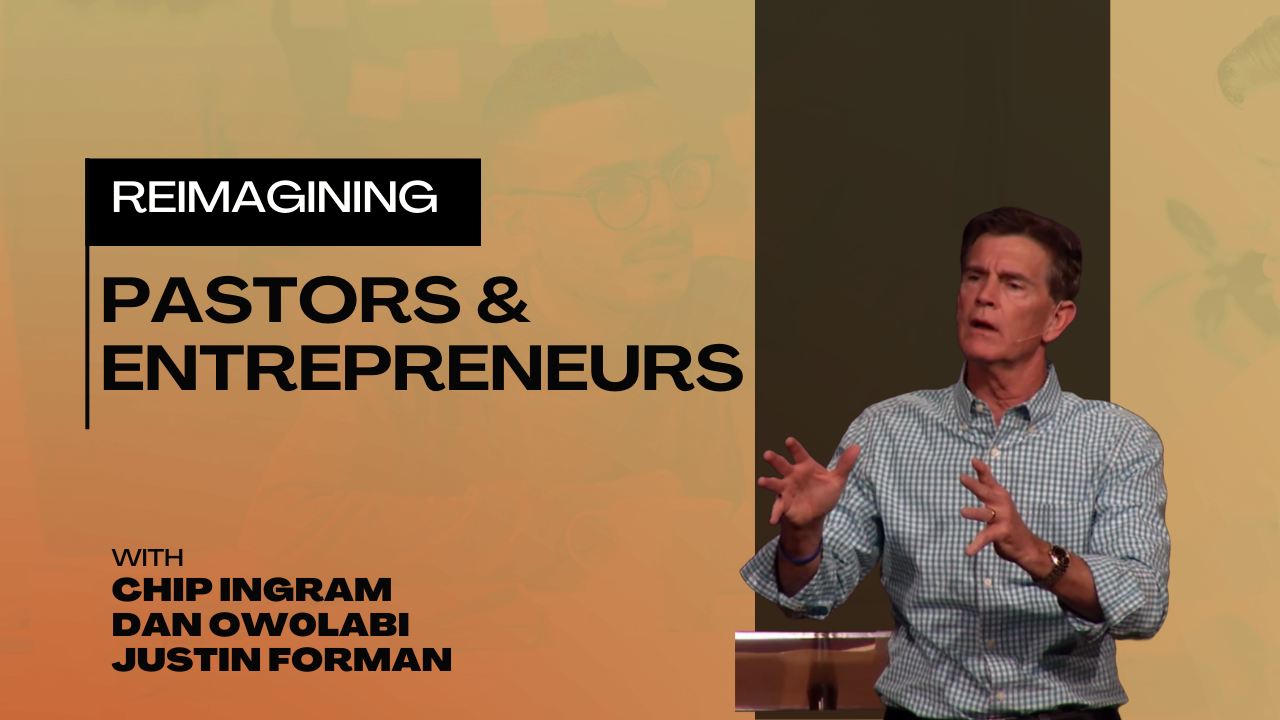
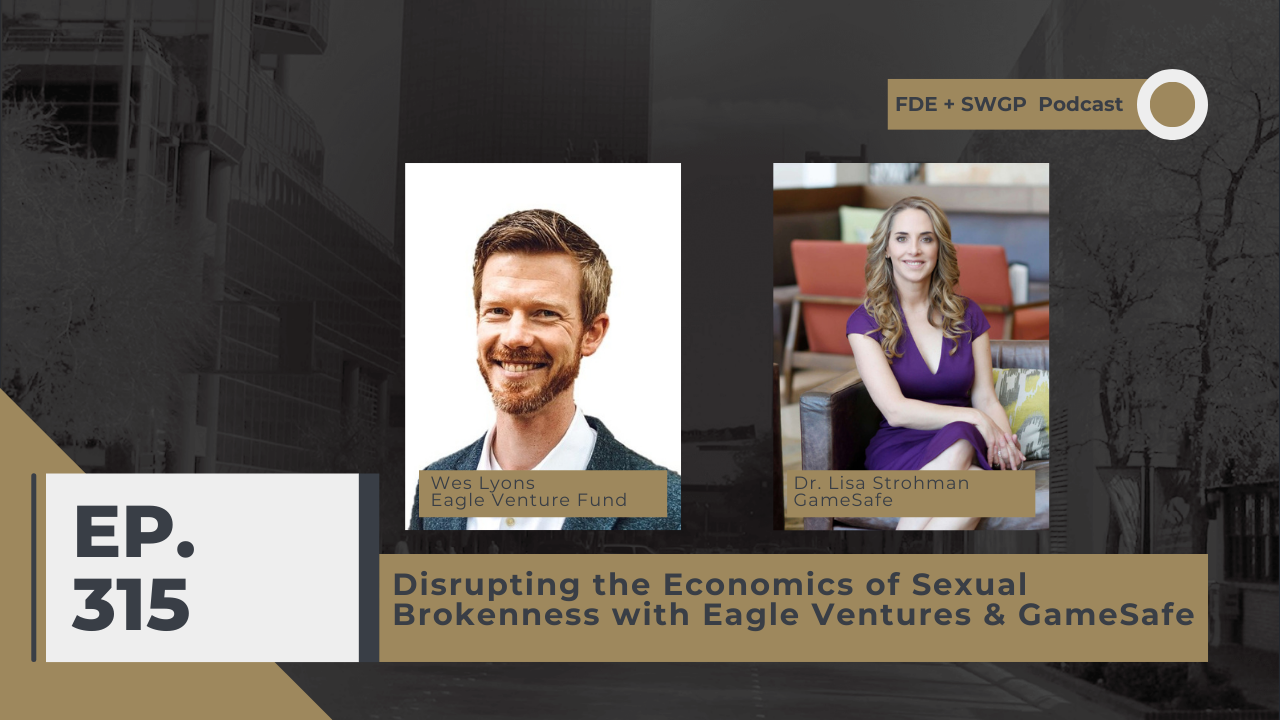
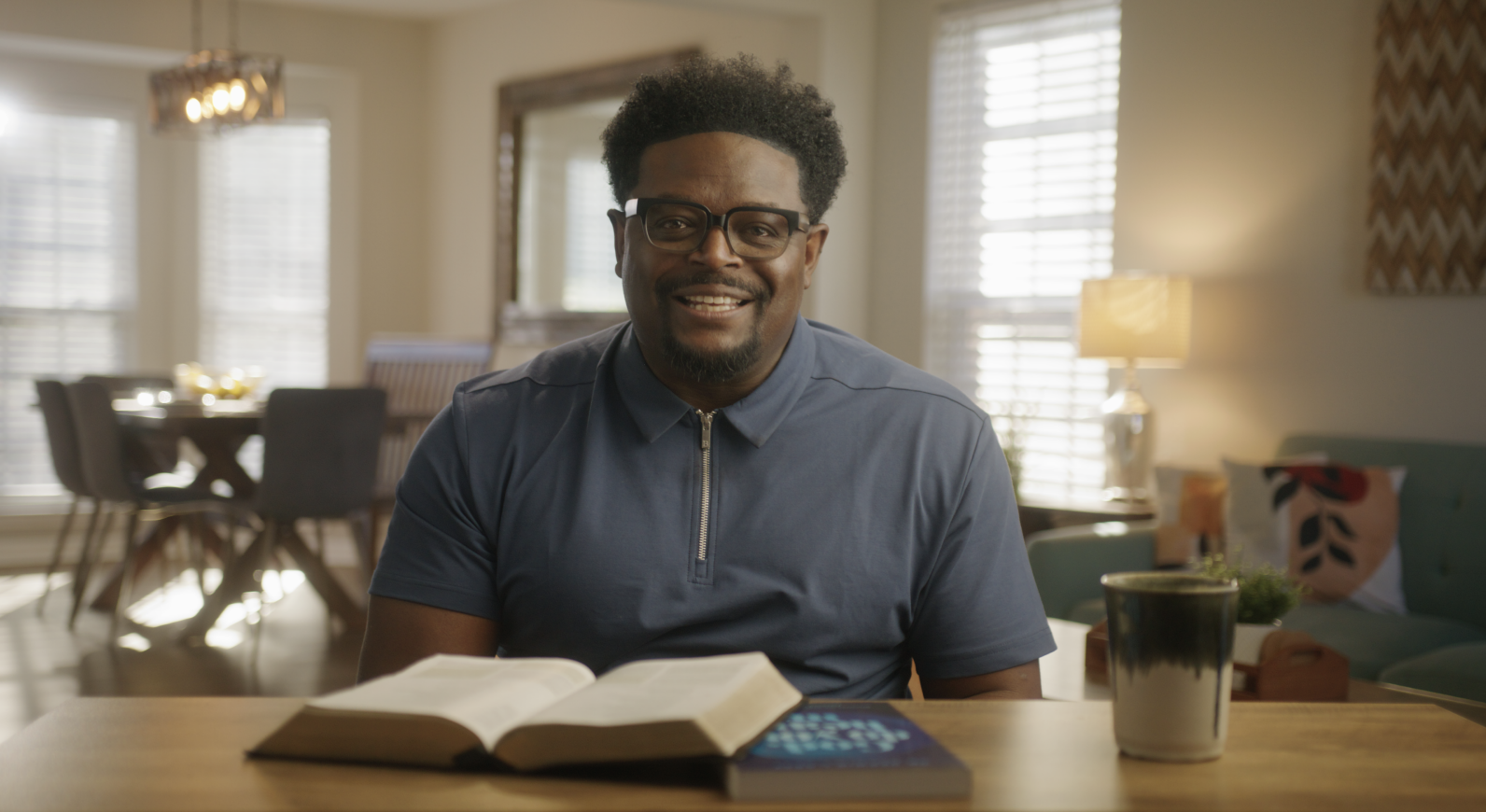
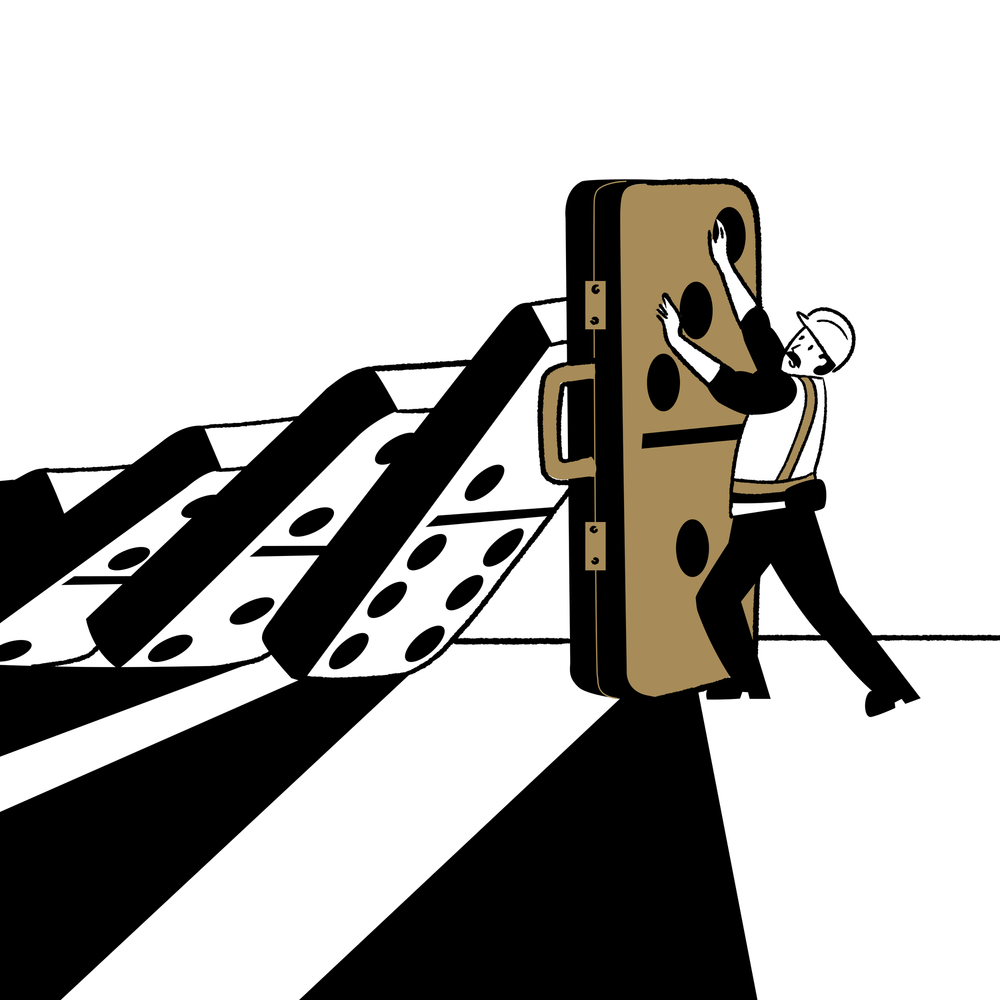
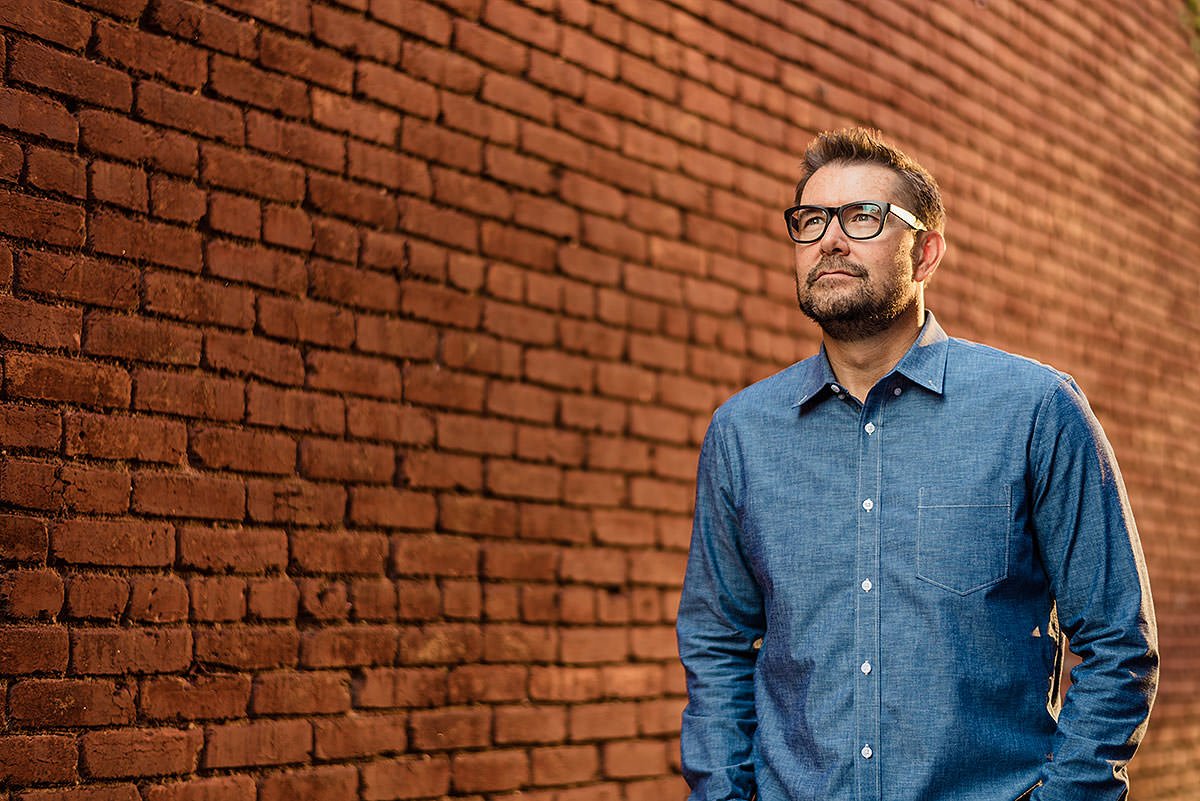
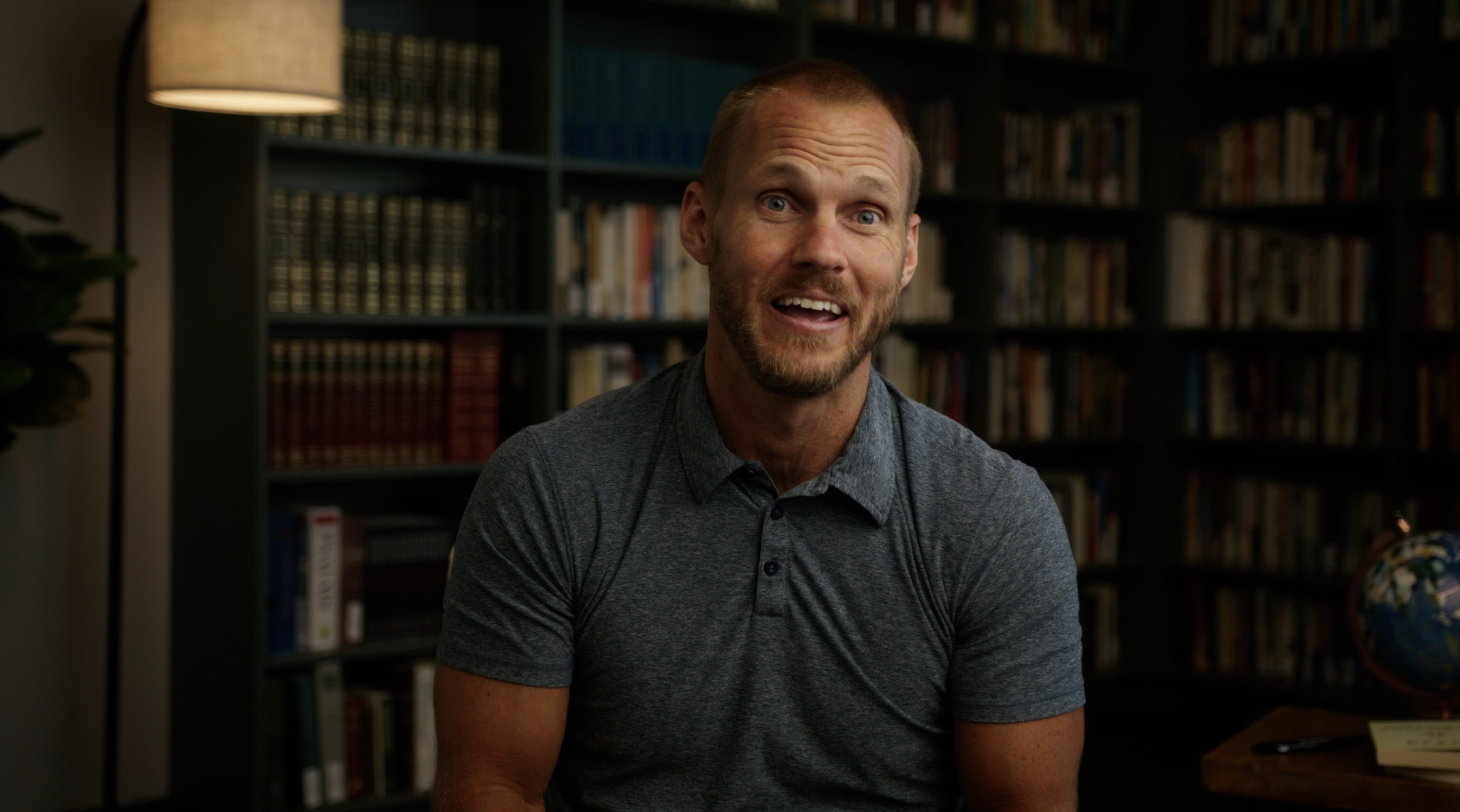
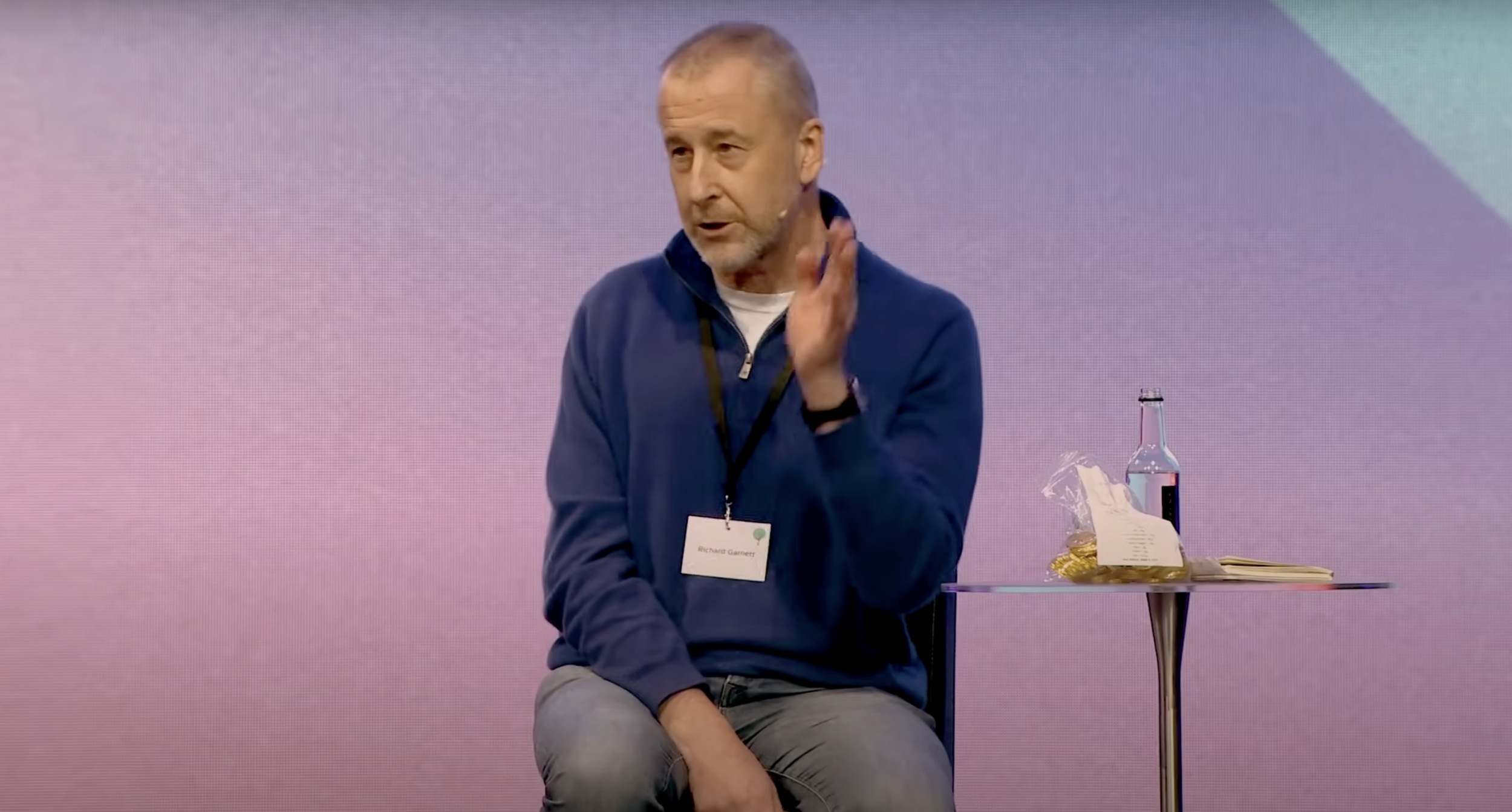
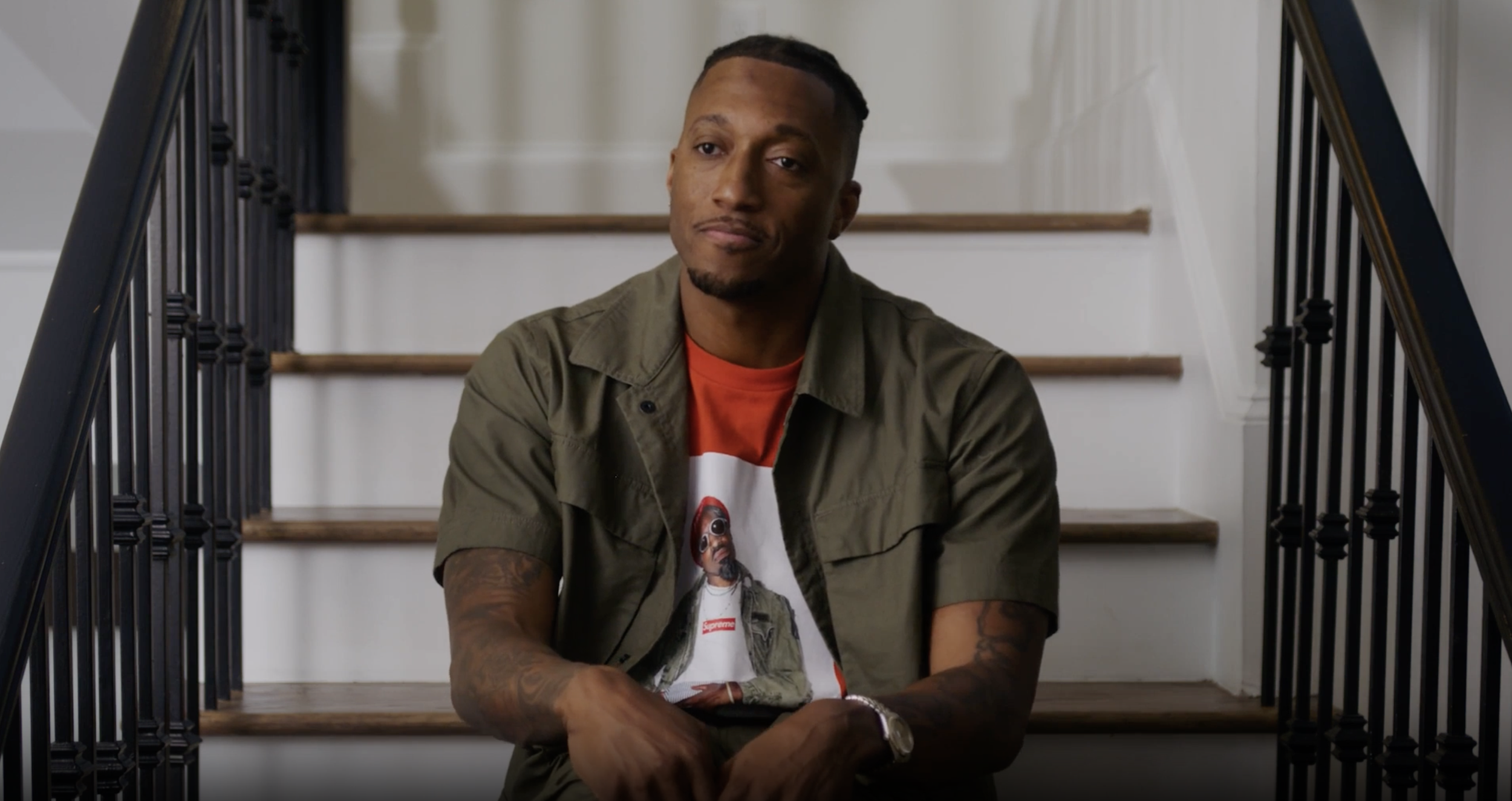
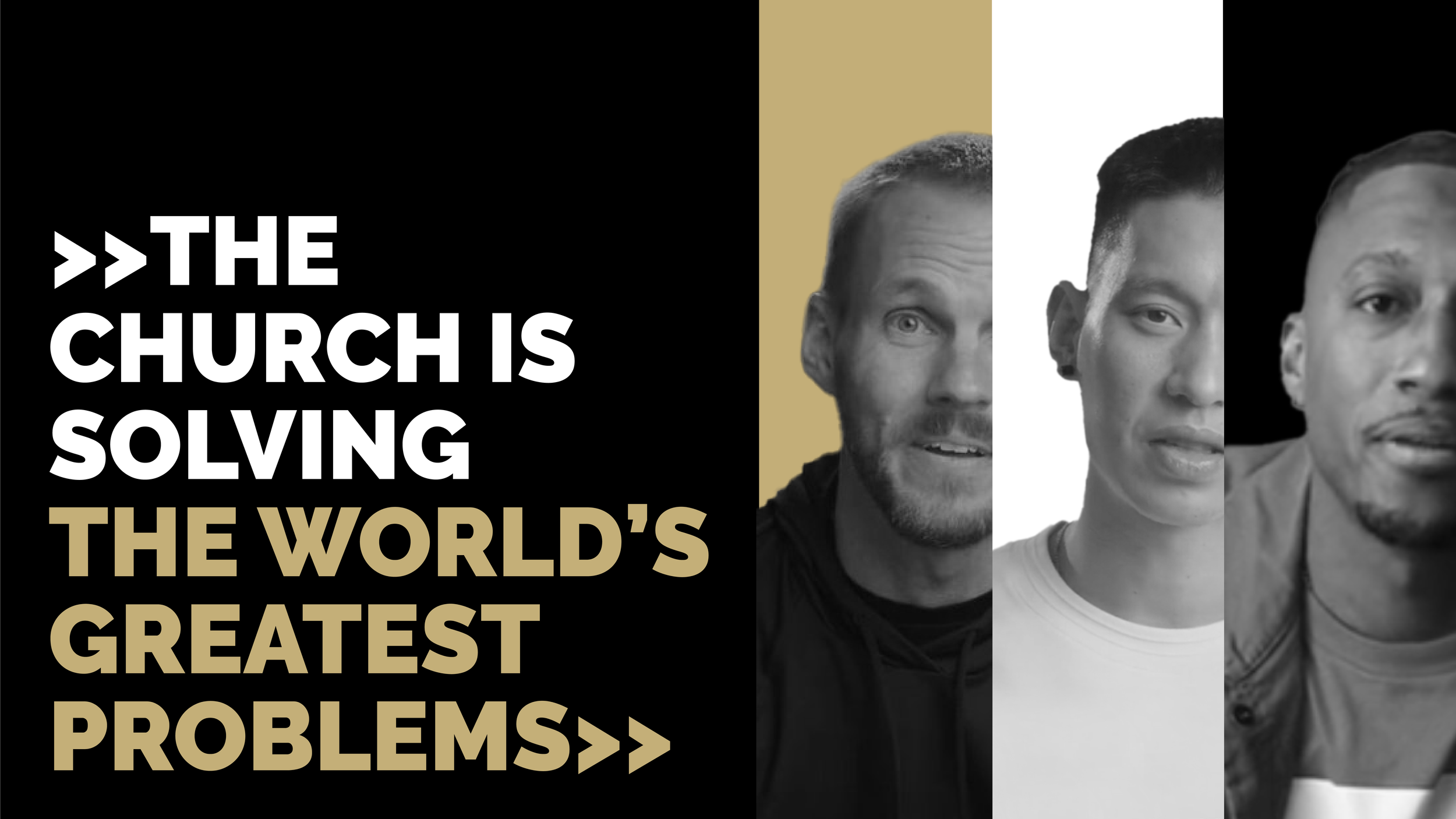
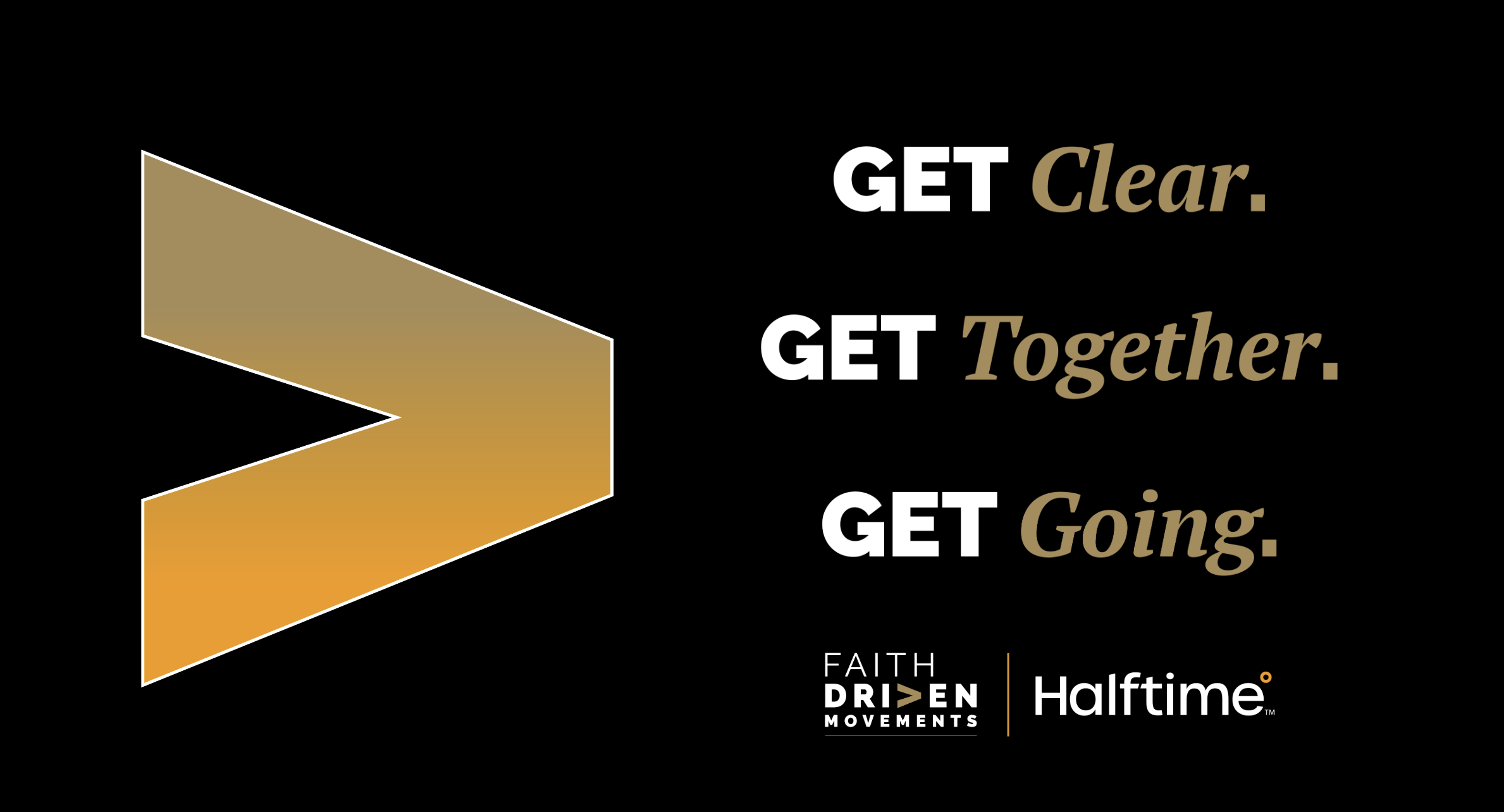
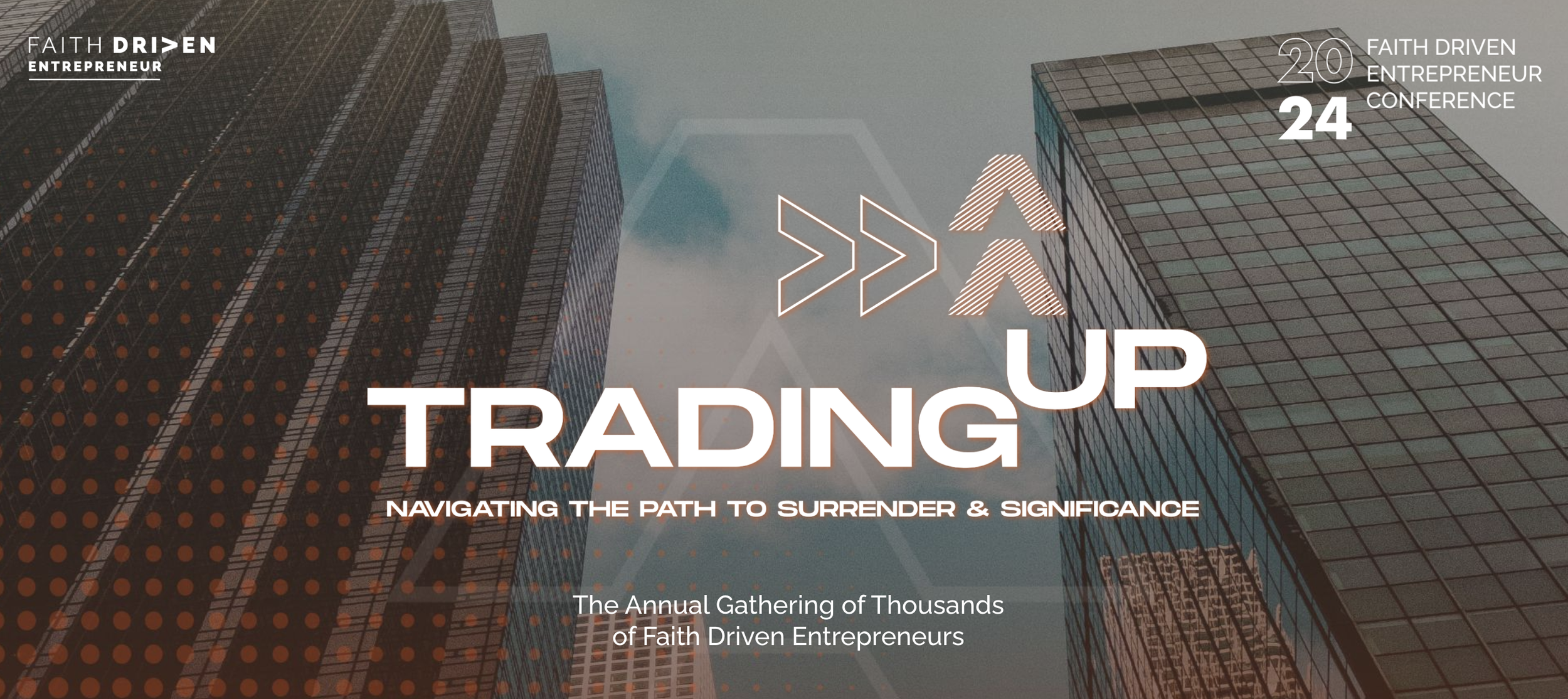
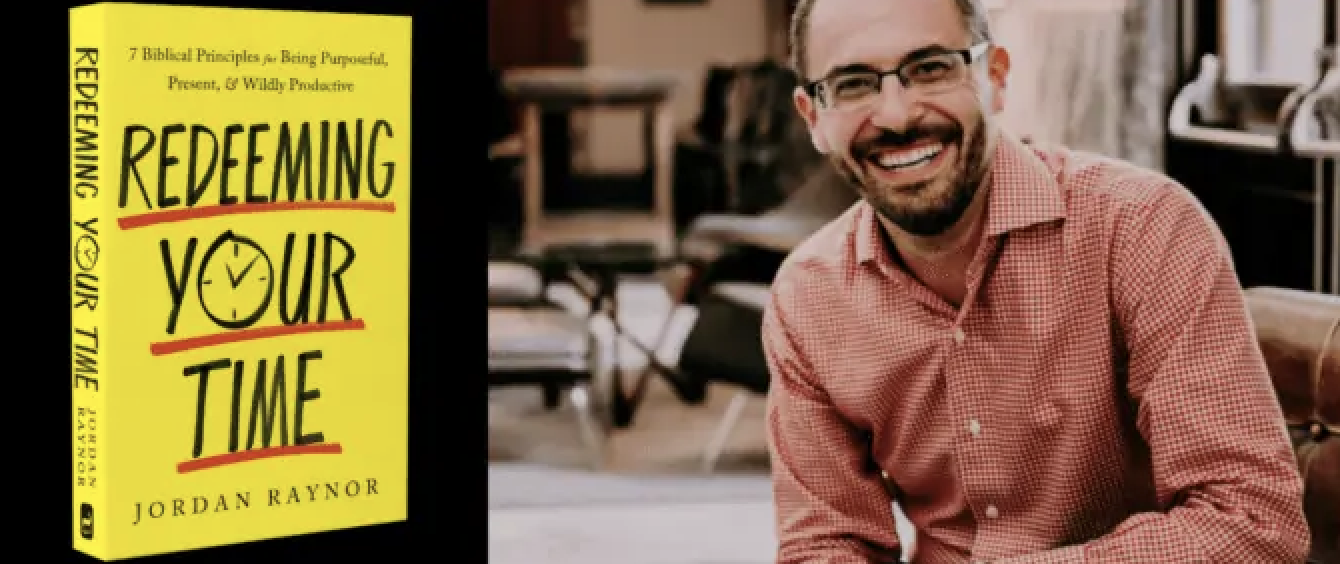
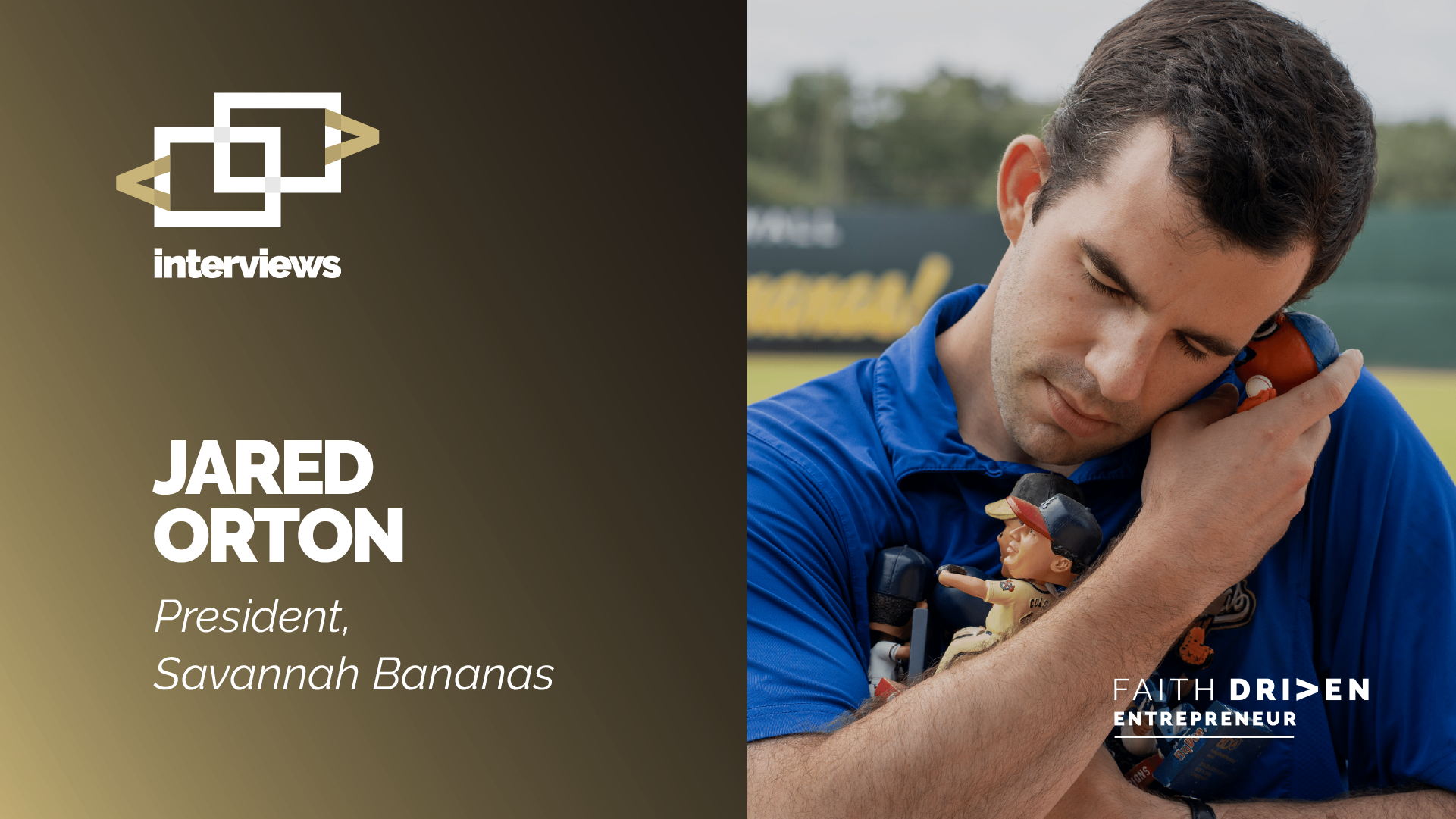
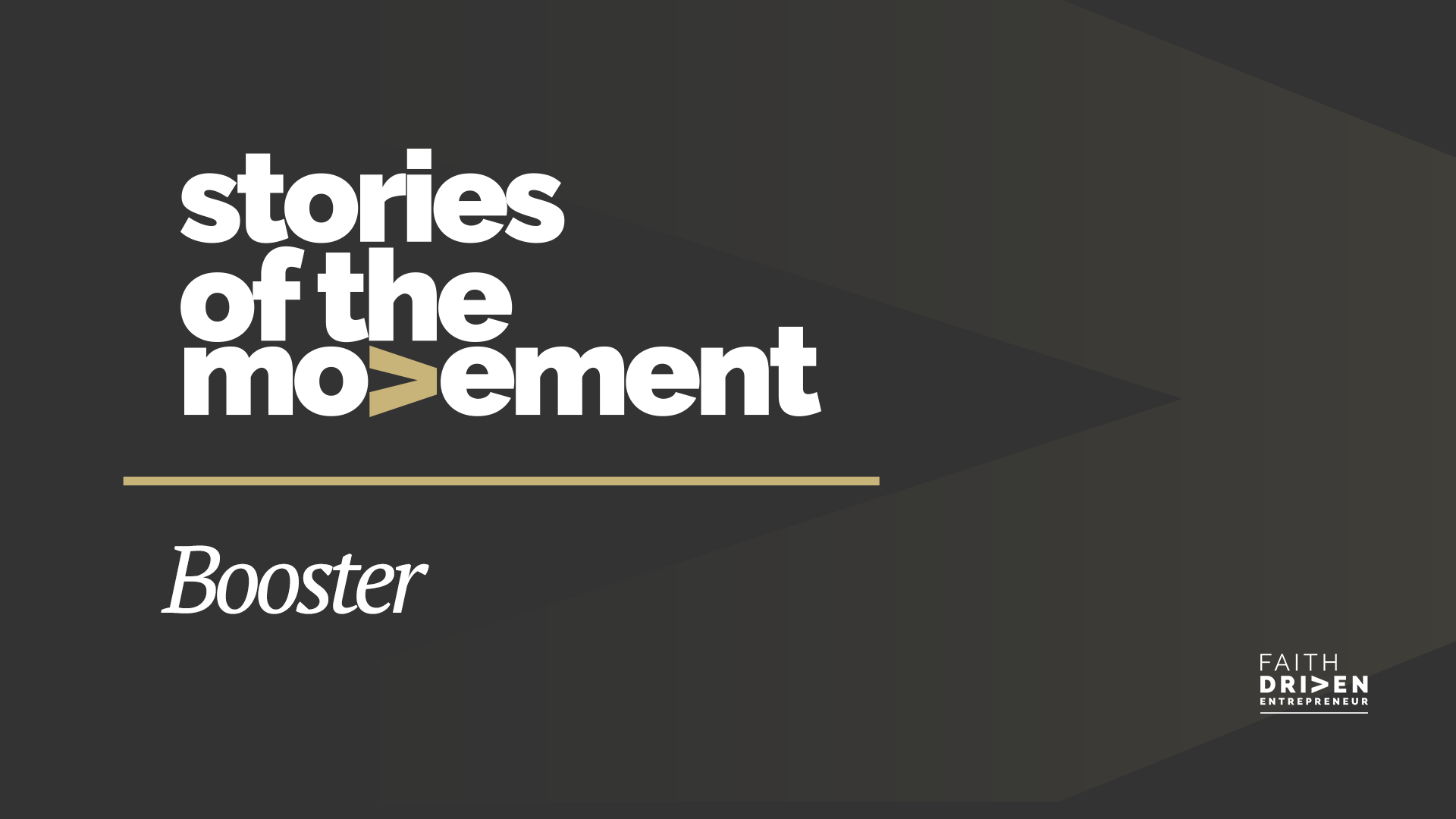
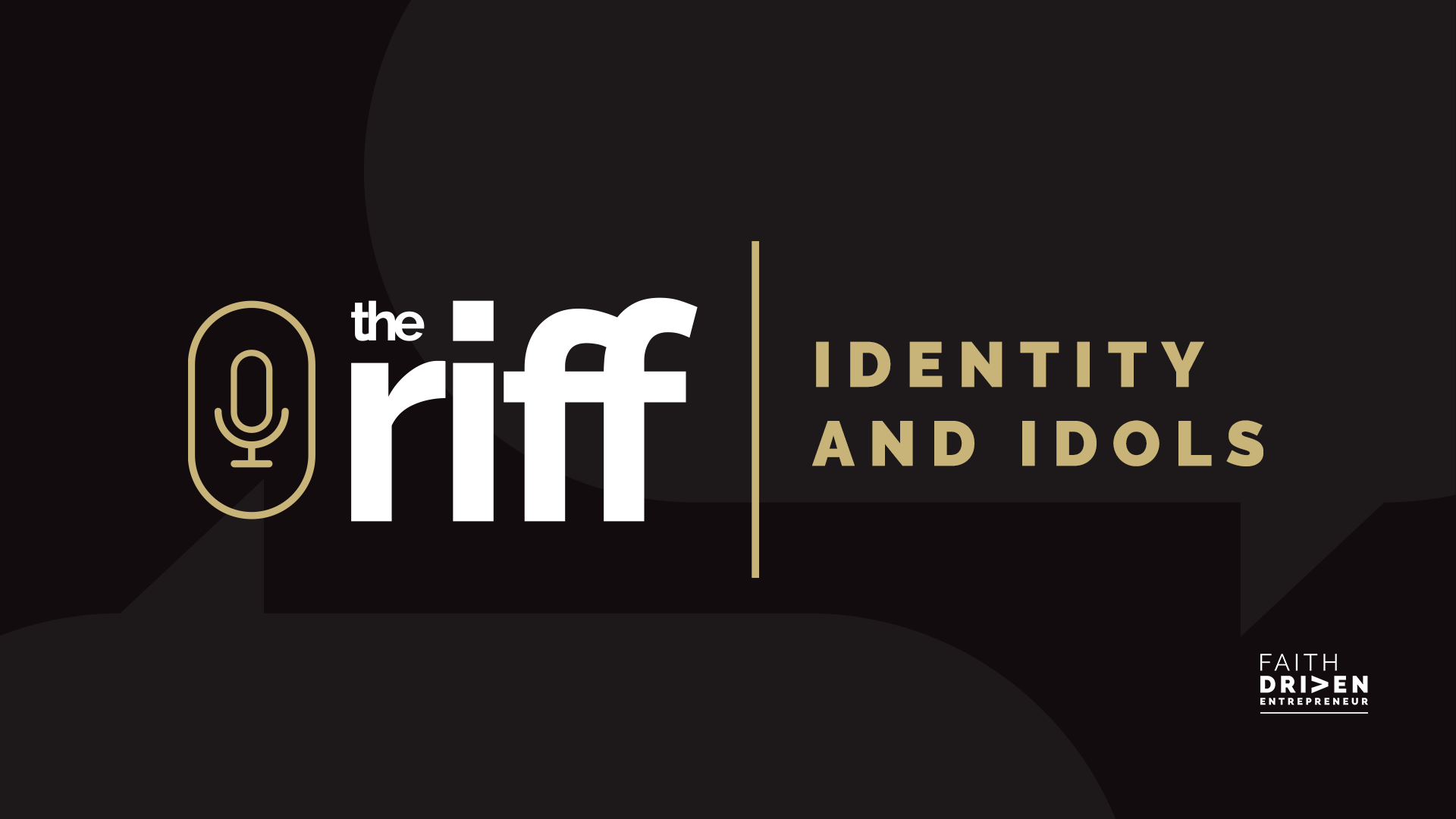


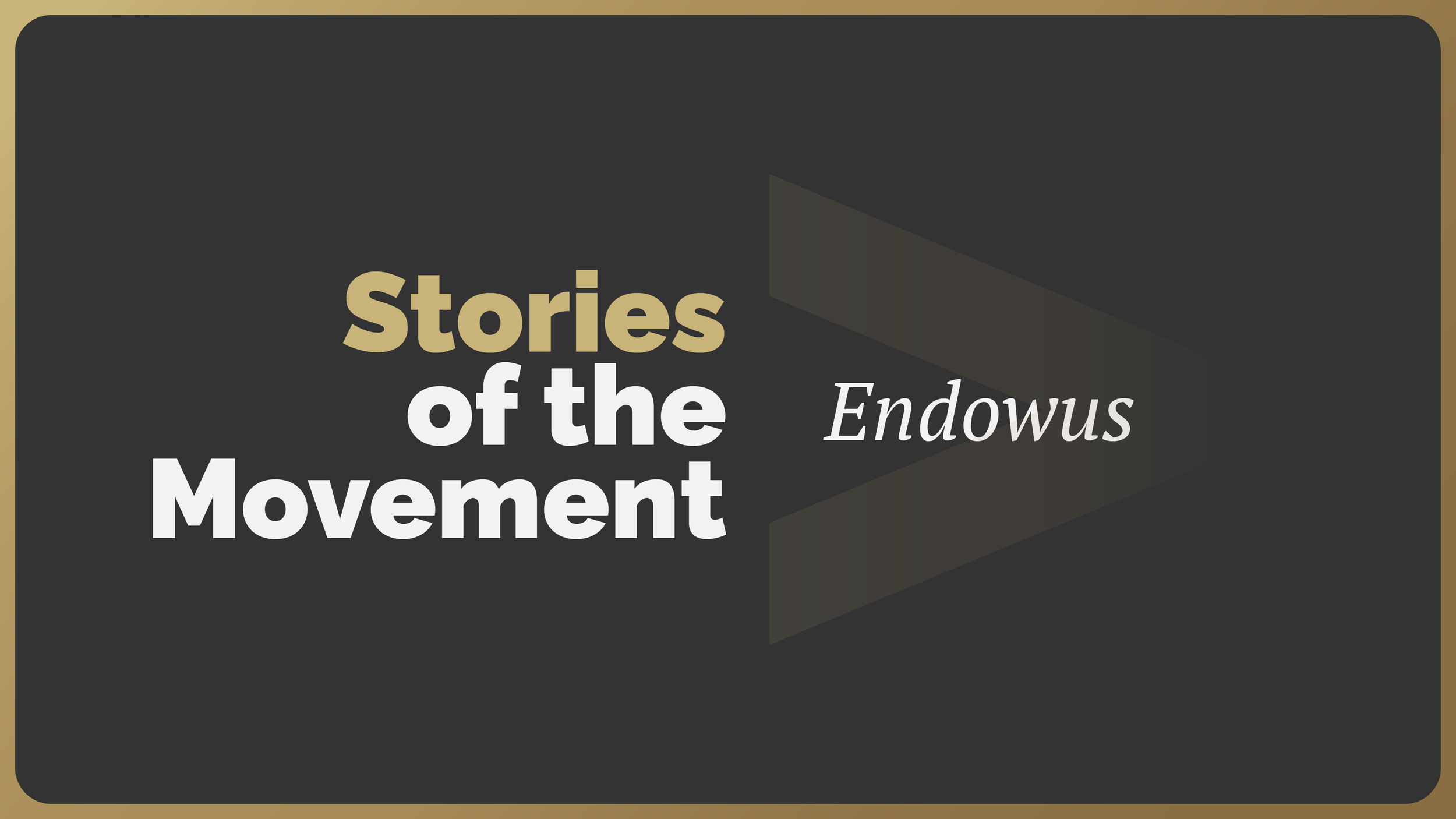

Follow the podcast